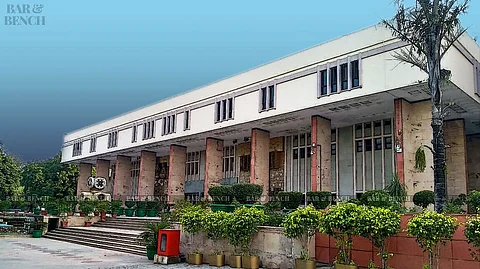
- News
- Columns
- Interviews
- Law Firms
- Apprentice Lawyer
- Legal Jobs
- हिंदी
- ಕನ್ನಡ

In a bid to avoid “judicial misadventurism“, the Delhi High Court has refused to entertain a writ petition filed by a petitioner blacklisted by the Supreme Court from filing any matter in “public interest“.